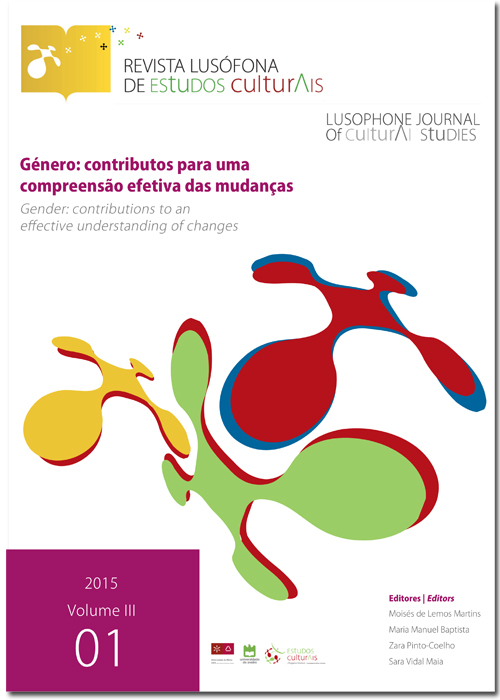Gender and deep emotional loss in old age
DOI:
https://doi.org/10.21814/rlec.92Keywords:
Old age, mourning, gender, Cultural StudiesAbstract
The loss of a spouse in old age has a profound impact on the life and well-being of the elderly person, as it creates a series of discrepancies between the world that they knew and that which happens to exist. This aspect is even more striking if, in addition, the grieving widow or widower is also ousted of his or her home, for institutionalising accentuates the disruption of identity. In this context of widowhood and permanent institutionalisation, the elderly person is assigned to loss, and the ability to (re) construct everyday Praxis is closely related to critical conditions that favour a profile of greater or lesser ability to overcome the grief. Among these various critical conditions is the genus, as the main differentiator of behaviours in the processes of adaptation to loss. From these assumptions, this article is divided into two basic parts: the first, a theoretical framework focusing on the most striking aspects of grief in old age and the role of institutionalization in this context of deep emotional loss; Secondly, we will analyze and discuss the results obtained in the qualitative research produced within the framework of the doctoral program in Cultural Studies.Downloads
Download data is not yet available.
Downloads
Published
2015-06-18
How to Cite
Sousa, J., & Baptista, M. M. (2015). Gender and deep emotional loss in old age. Lusophone Journal of Cultural Studies, 3(1), 191–. https://doi.org/10.21814/rlec.92
Issue
Section
Thematic articles
License
Authors own the copyright, providing the journal with the right of first publication. The work is licensed under a Creative Commons - Atribuição 4.0 Internacional License.












